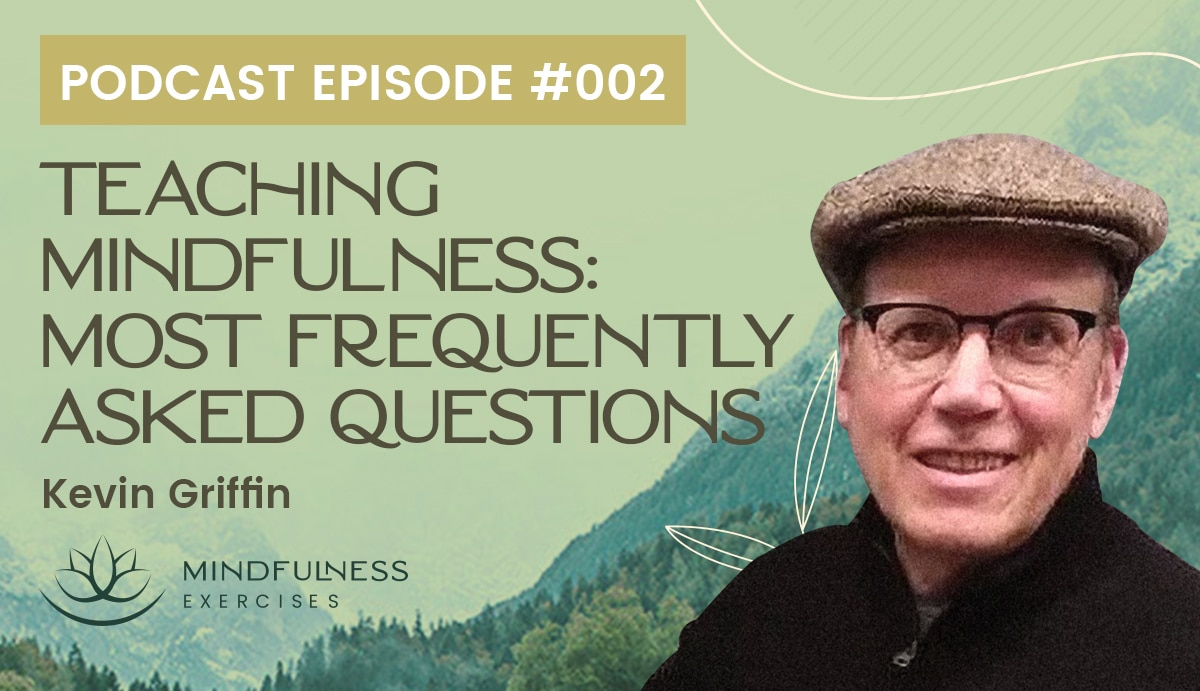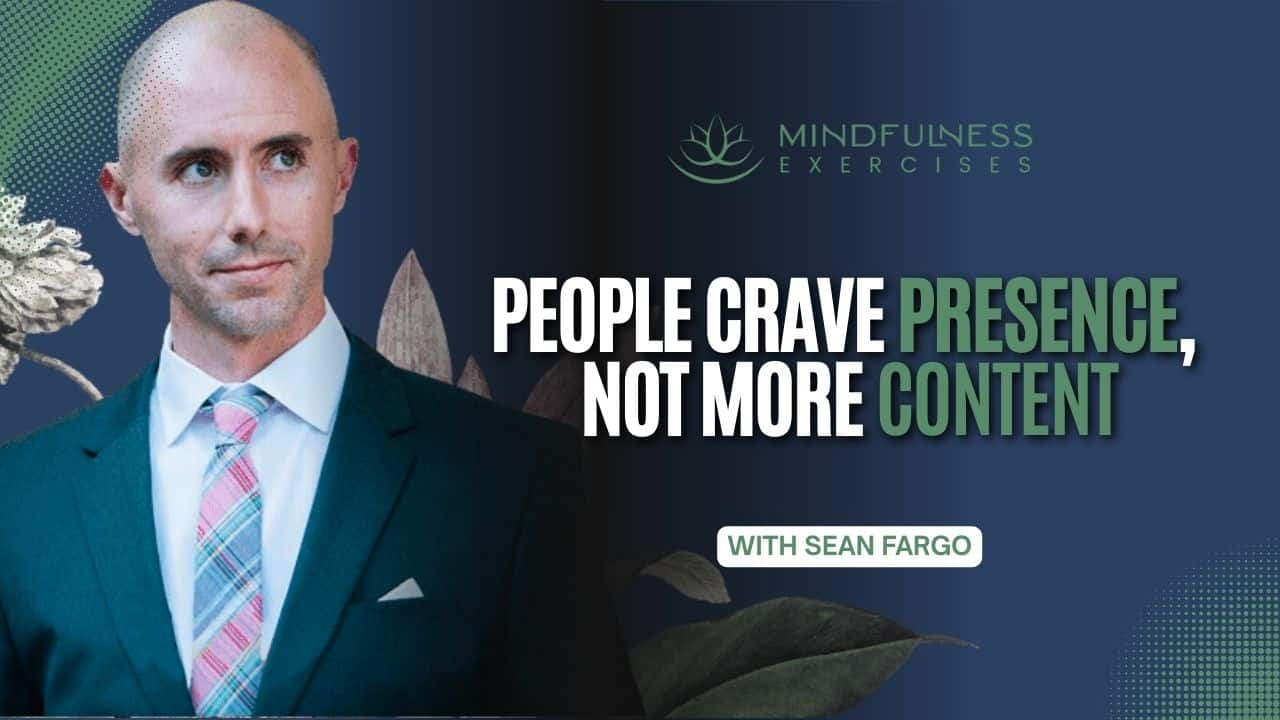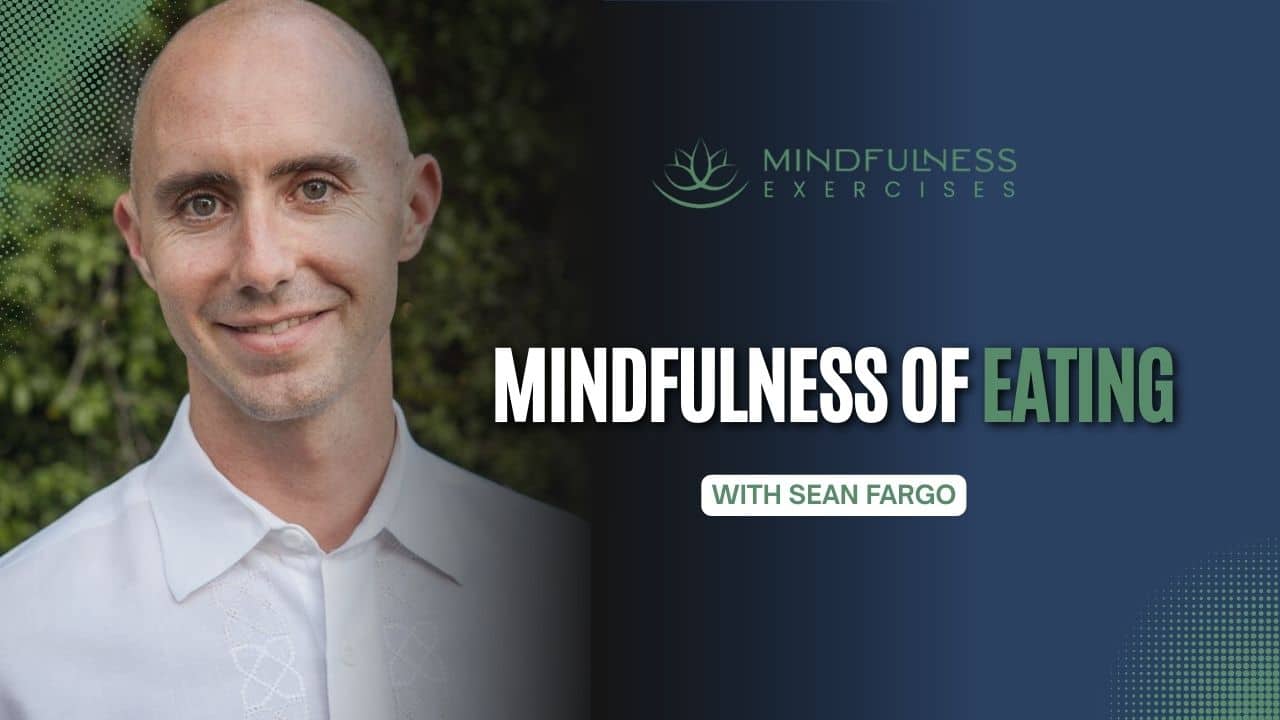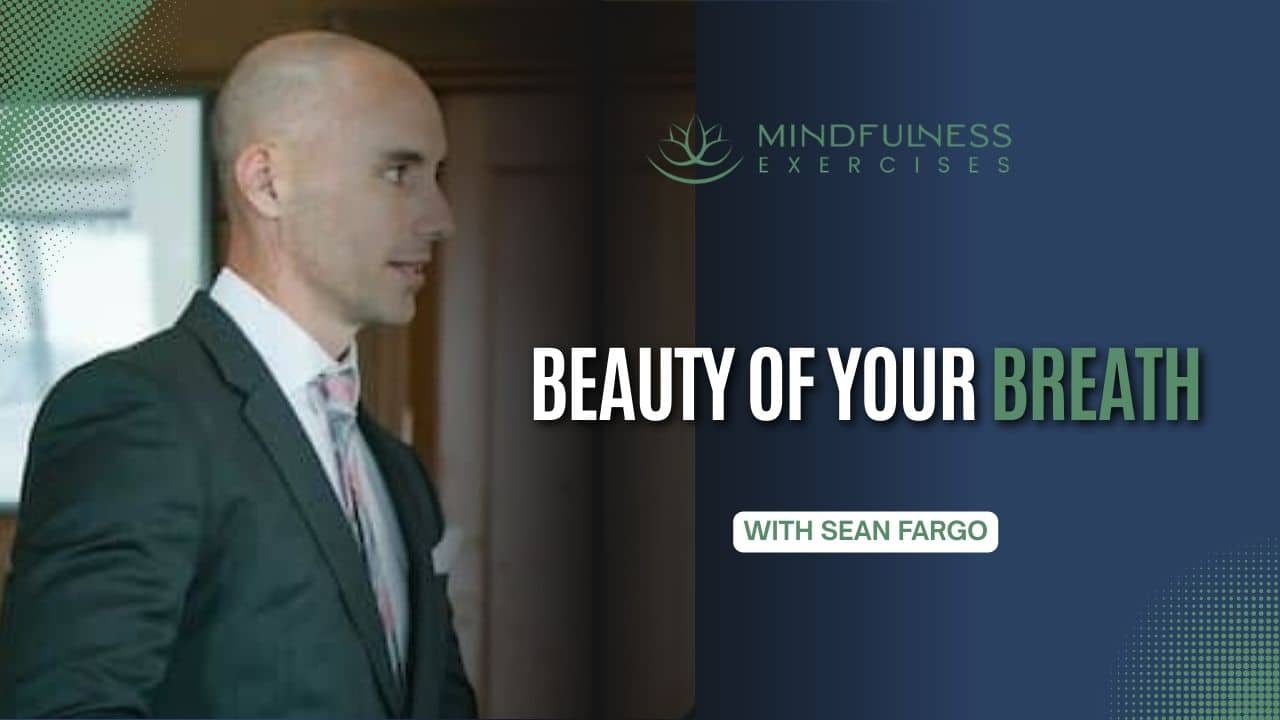Listen now

Teaching meditation can seem scary. So, how do you know when you’re ready? What skills and qualities does a mindfulness teacher really need? The answer is the same whether teaching is your career, a calling, or just a happy accident.
In this episode, Buddhist author and leader in the mindful recovery movement Kevin Griffin shares advice for mindfulness teachers and provides answers to some of the most important questions.
Mostly, Kevin inspires us to practice. As you’ll see, it’s the strength of our own personal practice that just may be the greatest predictor of our teaching success.
Sponsored by our Mindfulness Meditation Teacher Certification Program
certify.mindfulnessexercises.com
Show Notes:
What makes teaching mindfulness unique
Kevin reminds us why teaching mindfulness is unlike teaching anything else. As mindfulness teachers, we offer a practice and help people learn for themselves versus merely giving them information. Motivating others to practice lets them experience their own insights.
“What we really want to do is get people excited about [the] practice, we want them to want to practice, we want to inspire them.”
The importance of exploring what drives you to teach
While we might come to teaching with lofty goals of enlightening the world, that may not be our only motivation. We may feel a responsibility to keep a particular tradition alive, serve a unique population, or practice right livelihood.
“Hopefully our primary goal is to serve people, and I think for many of us, that’s what motivates us….Our lives are so transformed we just really want to share it.”
The significance of challenge in our own practice
If we have a consistent practice, we’ve likely faced challenges and hardship along our journey. This experience allows us to help others through the same difficulties. Also, we can only sit with the pain of others to the extent we’ve worked through our own pain. As teachers, we’re often asked to heal others, but fixing can be a form of aversion.
“The capacity to hear people’s pain … without having to fix it, that’s what allows me/ allows you to hear your own wisdom.”
Holding space for differences
Group facilitation skills and our personal practice help us remain grounded when dealing with shy or dominant students, or those in a group who are undergoing crises. Being patient, open and educated is also important when it comes to holding space for those with varying life experiences.
“Each of us, particularly white people, really have a responsibility to educate ourselves around racism.”
What you teach depends on who you teach
What you might teach depends on who you are teaching. That said, there are foundational topics worth teaching to everyone. Kevin offers a list of basic and advanced mindfulness topics we might present to students. It’s also useful to spend time defining mindfulness itself and the importance of letting go.
“Here I am telling people how to let go, or how to let go of control, and instead they’re always asking me, how can I control, how can I control my mind. And I keep telling them that’s not what I’m teaching you, I’m teaching you how to be with the experience, not to fix it.”
On the business of teaching mindfulness
Who we teach and where influences the topics we choose and what we might need additional training in. For example MBSR training is particularly helpful for working in hospitals or helping clients manage depression and anxiety. But if you’re teaching mindfulness to children, your training will be different. Kevin offers suggestions on how to get started as a teacher and emphasizes leaning on your own personal practice as a guide.
“This is just an ongoing process of trying to understand what’s the most helpful way to teach. And that’s meant for me, always, first and foremost, my own practice.”

About Kevin Griffin
Kevin Griffin is the author of 5 books, including Recovering Joy: A Mindful Life After Addiction, and Living Kindness: Buddhist Teachings for a Troubled World. Kevin, a longtime Buddhist practitioner and 12 Step participant, is a co-founder of the Buddhist Recovery Network. Kevin has trained with the leading Western Vipassana teachers, among them Jack Kornfield, Joseph Goldstein, and Ajahn Amaro. He completed his own teacher training as a Community Dharma Leader at Spirit Rock Meditation Center and teaches internationally in Buddhist centers, treatment centers, professional conferences, and academic settings.
Learn more about Kevin Griffin and his best-selling books at KevinGriffin.net



